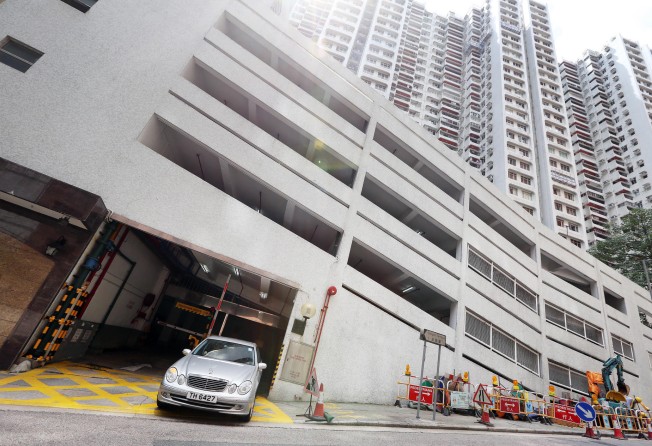Price volatility high for Hong Kong parking spaces
Investment risk is greater than for residential properties as a whole, with new parking spaces slightly more volatile than second-hand

More than 6,700 private residential parking spaces were bought and sold last year, slightly exceeding the number for 2013. These transactions included both new and second-hand parking spaces, averaging HK$1.03 million per space and with new spaces representing 56 per cent of the total transactions.
A bit more detail would be to say the average for a new space is HK$1.31 million, while that for a second-hand spot is HK$840,000.
Furthermore, the average price for a Hong Kong Island parking space is HK$1.41 million, HK$1.22 million for Kowloon, and HK$780,000 for the New Territories.
The data comes from the website of Centaline Agency, from 1997 to 2014, although 2014 represents only the 11 months to November.
We have more observations:
- The parking space price volatility is high at 0.48 based on standard deviation. This means investment risk is not light and is greater than for residential properties as a whole. Also, new parking spaces appear to exhibit slightly higher volatility than second-hand; and
- The average price of a new parking space has already more than exceeded its 1997 peak, while that of a second-hand space still lags behind the 1997 high point. In 1997, a new space traded for an average of HK$970,000, while a second-hand spot required HK$1.36 million. Fast-forward to 2014 and the new space is now HK$1.31 million while the second-hand is only HK$840,000.
In short, the first-hand and second-hand parking spaces have traded places.
From an analytical perspective, this does not necessarily mean that new parking spaces are now more popular - or for that matter more "investible" - than second-hand spaces, because economics is just one factor affecting parking space prices.
For instance, the intention to reduce traffic and to discourage car ownership has led to tighter parking space provision in recent projects. All things being equal, a parking space in a newer project can be sold for a price higher than its counterpart in an older one.
Furthermore, in 1997, many then new developments were "ordinary" grade private residential projects and were in the New Territories.
Coupled with more generous parking space provisions, it is not a surprise that second-hand spaces were pricier than new ones. Of course, such new spaces have now become the second-hand ones.
Today, practically all new residential developments are "luxurious" in terms of design and construction.
Also, prices have risen 100 per cent on average since 2009, making Hong Kong one of the most expensive places on earth to buy a home.
Even discounting the tighter parking space provisions, can one really expect a real estate developer selling someone a HK$20 million home to ask for, say, only HK$500,000 for the related parking space? Of course not. HK$1 million is the minimum.
I would price it at HK$2 million, not so much out of fair valuation but to have a "matching" price befitting the property itself.
- Second-hand parking space prices have just protruded above the "risk" level. Using standard deviation and the average, we can calculate a high and low range for gauging the price volatility. Above and below this high-low bandwidth can mean prices being too high or too low, respectively.
Note again that this is not for prediction, just for assessing where the market now stands. Also, using different start and end years will bring different results.
In the worst of times, people still need a place to sleep but they do not need to drive (for readers not familiar with Hong Kong, we have very efficient and reasonably affordable public transport), or for that matter, drive more than one car.
Stephen Chung is the managing director of Zeppelin Real Estate Analysis